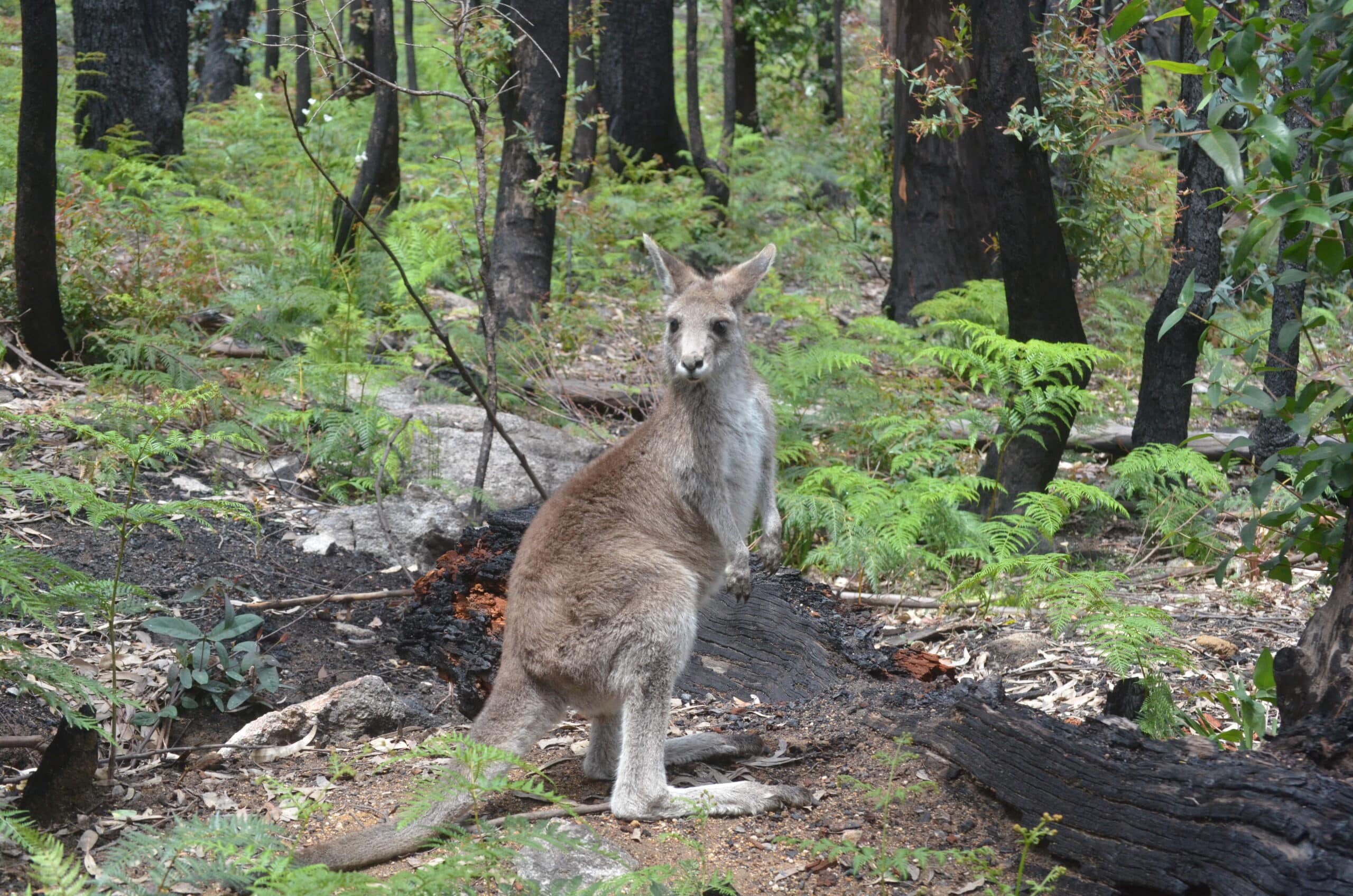Australia takes a step forward on animal welfare Humane Society International (HSI) Australia has welcomed the National Animal Welfare Statement signed by federal, state and territory governments and released on Friday 13 December. Through the Statement, governments are committing to a shared vision where Australia achieves good animal welfare...
Politics before policy – Why the PM’s intervention turned ‘nature positive’ into a ‘nature negative’
Nature hit the headlines for all the wrong reasons in late 2024, when the Prime Minister put the brakes on the Federal Government’s proposed ‘nature positive’ legislation.
Bowing to pressure from the mining lobby and the WA Government, the Federal Government failed to follow through on a deal with the Senate cross bench on legislation that would have seen the establishment of the first national Environment Protection Australia (EPA), a new data agency, Environment Information Australia; and a world-first legislated definition of ‘nature positive’.
The media reported that Environment Minister, Tanya Plibersek had negotiated a deal to pass the legislation with the key addition of a framework to establish National Environmental Standards—standards intended to set clear expectations on how actions approved under our federal environment laws will contribute to improved environmental outcomes.
Federal Labor had already committed to the implementation of National Environmental Standards in its Nature Positive Plan, so the agreement seemed to be consistent with Labor policy. It’s no surprise then that the media reported that the PM’s intervention had nothing to do with policy and everything to do with politics.
With an election looming, the PM’s intervention has been blamed on inappropriate influence from the mining lobby and WA Government, and their scare campaigns that proper environmental protection will impact jobs. It is disappointing that the government continues to buy in to the outdated ‘jobs versus environment’ tropes when we know that approximately half of Australia’s GDP (49 per cent or $896 billion) has a moderate to very high direct dependence on nature.
We also know that as the driest inhabited continent, Australia is highly vulnerable to the costly impacts of climate change—impacts arising from increased and more intense droughts, fires and floods and that will be made worse if our environment’s ability to naturally adapt and respond is further compromised.
Yet again proximity to an election saw politics trump common sense.

It’s sometimes easy to dismiss Canberra political antics as having little relevance to the real world, but when it comes to the environment, legal protections are one of the few tools available to fundamentally shift the way we engage with nature. So, if the Government’s fais to deliver on its promise for stronger nature laws it will have real consequences.
Australia is in an extinction crisis. We already lead the world in mammal extinctions and have another 2,000 animals currently at risk of following suit. One of the key drivers of extinction is deforestation and land clearing—activities that are not sufficiently regulated under our national laws but that the Government could start to address through better decision making by an independent EPA, in line with National Environmental Standards.
Unless the Prime Minister calls an election sooner, the Federal Parliament is scheduled to sit for two weeks at the beginning of February. It will be the Government’s last chance to make meaningful progress on its nature positive agenda in this term of Parliament.
We need our Federal Government to show leadership, to demonstrate its commitment to its Nature Positive Plan—one that it says will be better for the environment and better business—and to agree to sensible and responsible amendments that will allow it to pass its current legislation through the Parliament. Nature can’t afford any more delays.


